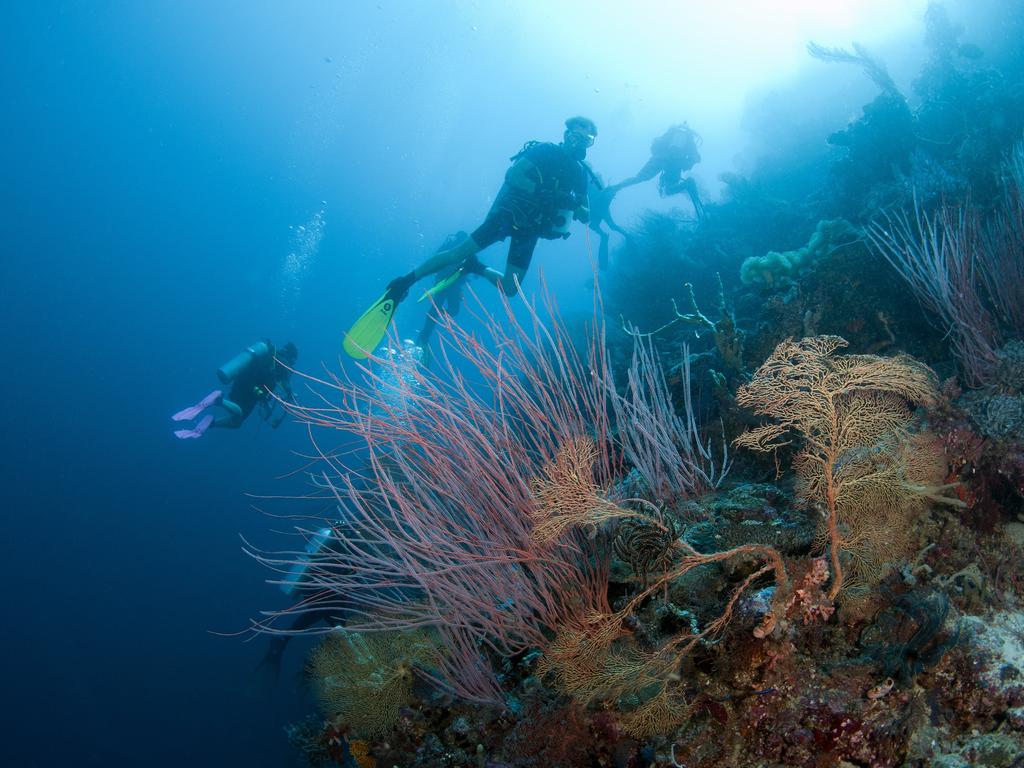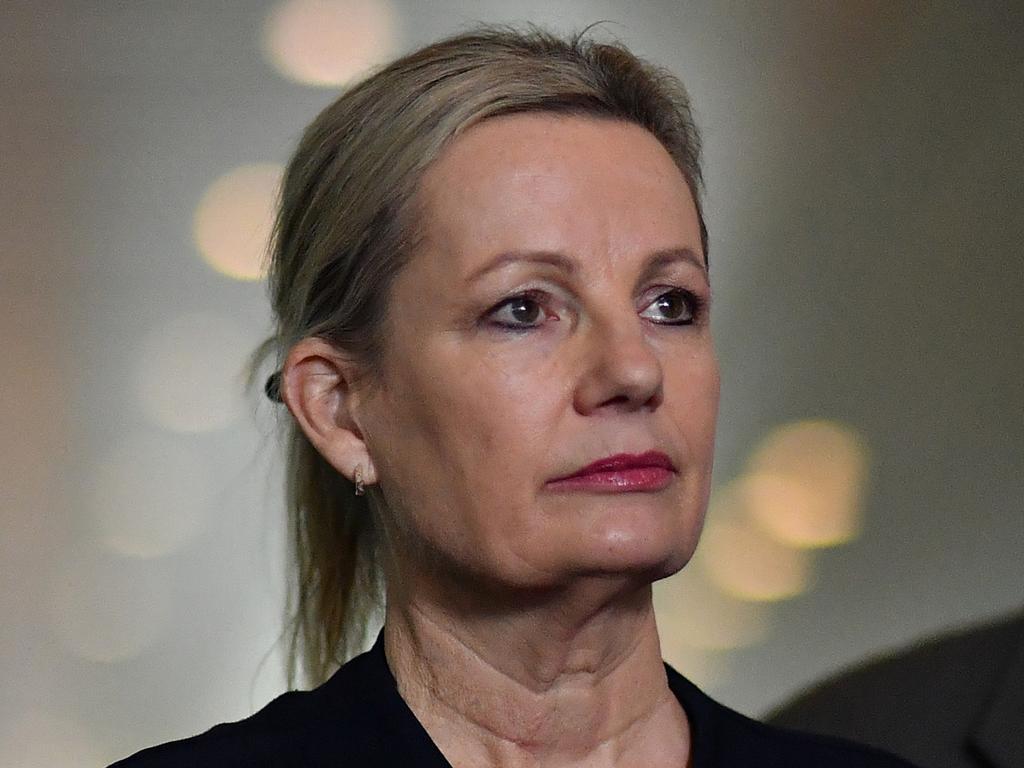Bigger agenda in play to reduce Paris Agreement warming target
Foul play from China was suspected over UNESCO’s reef ‘in-danger’ push, but it was actually Europe and green groups.
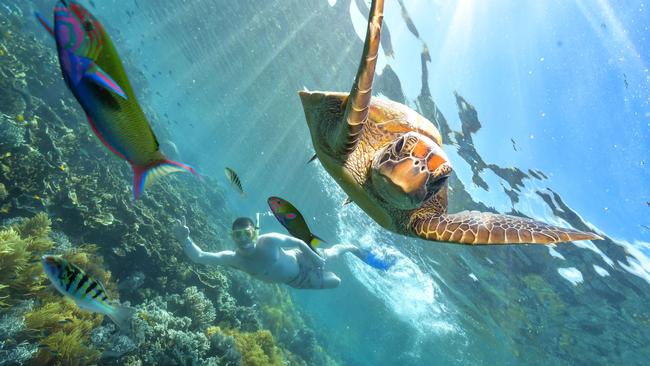
When UNESCO first announced it would seek to put the Great Barrier Reef on the World Heritage in-danger list this year Australian diplomats suspected foul play from China which holds key positions in the process.
But when the votes were counted at the World Heritage Committee meeting on Friday it was European bureaucracy, international green groups and Norway that had led the charge.
Statements and documents reveal UNESCO has been trying to use the reef to push a bigger agenda for the world to adopt a more ambitious climate target than the formal Paris agreement.
A successful in-danger listing would have fed into frantic G20 talks under way in Naples where adopting a target of limiting warming to 1.5C above pre-industrial levels rather than the Paris Agreement‘s 2C was on the agenda. Those talks also failed to gain traction, with China and India refusing to sign a pledge to phase out coal and other nations favouring the existing 2C Paris target.
Climate change was left out of the official G20 environment and energy ministers communique.
When the dust finally settled at the World Heritage Committee late on Friday the audacious push to list the reef had ended in consensus defeat and wide praise for Australia’s reef management and bold actions to tackle climate change. A possible in-danger listing has been hotly debated for a decade but bringing it to a head now had blindsided the Australian government and left Environment Minister Sussan Ley and diplomatic staff scrambling.
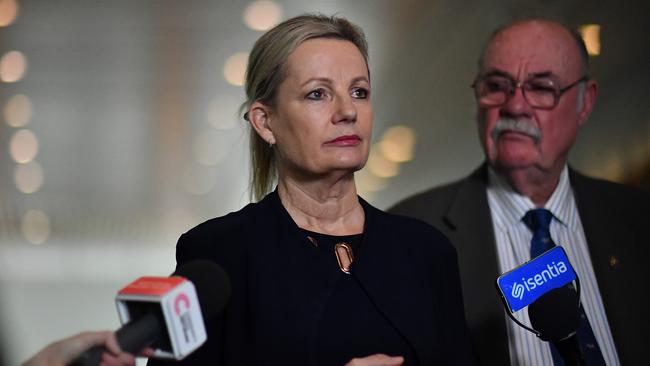
Diplomatic pressure
The in-danger motion was effectively lost when a whirlwind diplomatic onslaught from Australia persuaded 12 of the 21 member countries of the committee to sponsor an amendment.
The amendment said before an in-danger listing could be considered, a UNESCO delegation would visit the site to assess the latest efforts to protect the natural wonder.
The number of countries sponsoring the amendment was not enough to secure the two-thirds majority needed to force the issue.
But in the consensus-driven world of UNESCO diplomacy, the pressure was on other countries to agree. China told the meeting it would support the forming consensus view. Norway was the holdout. Its delegate told the meeting “this is not an exercise in what is fair or not”.
It was about seizing the opportunity to make an example of the Great Barrier Reef to tell the world to get serious about climate change.
“If a site is facing danger it should be put on the list of World Heritage in danger, they said.
“It is not a punishment. It is how we mobilise action and preserve our heritage for future generations.”
Australian negotiators said they had been left with no doubt the reef was being dealt into a bigger campaign.
“We were told essentially that it was being put on the list because we needed to highlight the dangers of climate change,” one official involved in the talks told The Australian.
“It was very much you are doing an outstanding job but really this is about climate change and it will help you if we make it all about climate change because the whole world will help you.
“What became clear to us is there was a lot of lobbying that had been going on to push the in danger listing.
“The speed with which the environment groups came out with joint letters to support it suggests there were campaigns ready to go.”
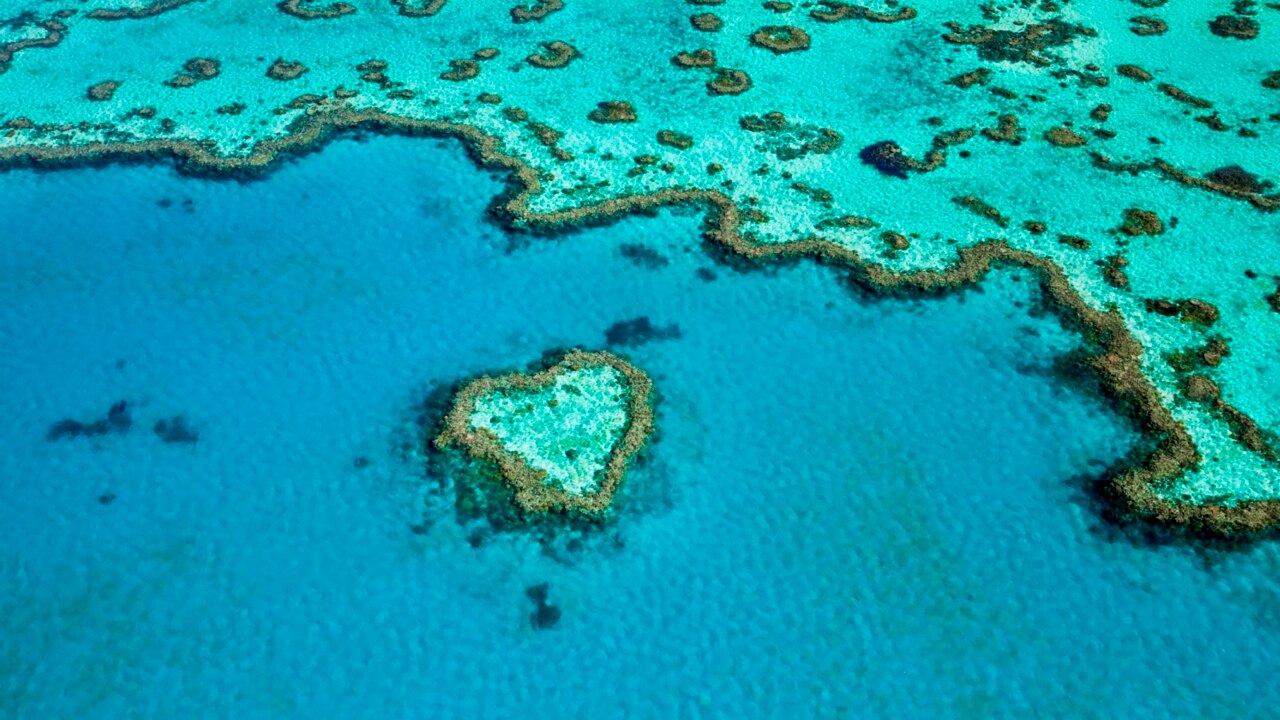
Bigger picture
Environment groups campaigned internationally to support the in-danger listing as part of a push for tougher climate change action.
“It‘s the first time UNESCO has really taken a stand, particularly in regards to climate change for one site,” Imogen Zethoven, environmental consultant to the Australian Marine Conservation Society said.
“I think it will set the direction for UNESCO and how it relates to climate change in the future.”
A statement signed by notable reef scientists and famous Australians, including rock stars Bernard Fanning and Peter Garret, coral scientist Terry Hughes and businessman Mike Cannon-Brookes, supported the in-danger listing and said a national plan compatible with 1.5C of warming was a critical threshold for the Great Barrier Reef.
At a July 21 press conference, UNESCO marine program co-ordinator, Fanny Douvere, said the reef could not be protected without reducing emissions to limit warming to 1.5 C.
In an interview with the ABCs 7.30 report on July 23, Douvere said the draft decision was “a wake up call we need to go to a 1.5C target aligned with the Paris agreement”.
As UNESCO and environmental groups pushed support for the in-danger listing, Ms Ley marshalled the nation’s diplomatic forces to argue it would be unfair.
A letter was signed by sympathetic nations including Canada, Spain, France, UK, Thailand and the Philippines. Ambassadors from 50 nations were invited to visit the reef to see for themselves.
And Ms Ley flew to Europe to lobby World Heritage committee members directly.
Flawed process
Over a one-week period, Ms Ley met with 18 countries to argue the World Heritage Committee decision-making process on the issue had been flawed.
“We did go over feeling we had been blindsided,” Ms Ley said.
“An immediate in-danger listing is something usually reserved for countries who have been in a long consultation with UNESCO and who have simply not co-operated with what they are being asked to do to manage their site.
“This is simply not the case with Australia, indeed, UNESCO in the same breath was praising our efforts and saying that it was outside of our capacity to address global climate change.
“Our officials believed the decision was a backflip on previous advice from UNESCO that no property would face such a recommendation if it wasn’t foreshadowed in 2018-19, and that we would be consulted well in advance if an in danger listing was to be raised.”
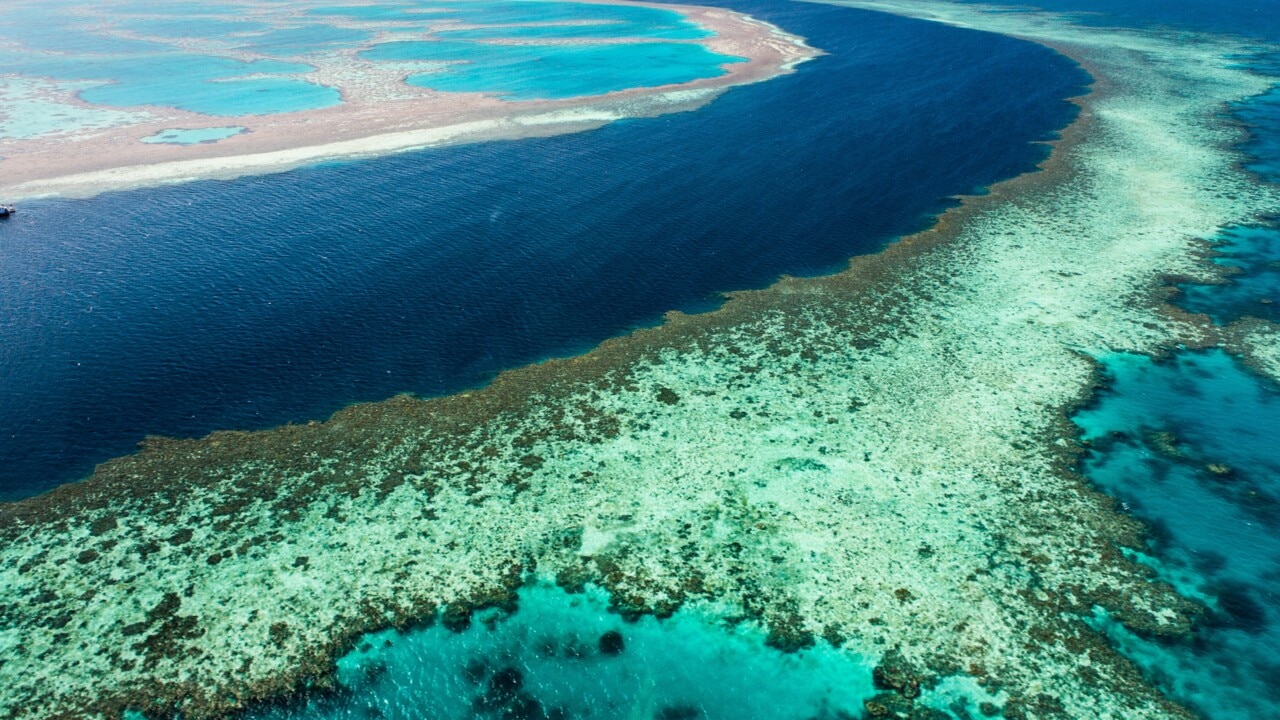
International support
When it came to the vote in China, Uganda argued an in-danger listing would “demotivate” Australia which should be given more time.
It said the Australian government had “a comprehensive set of policies to reduce emissions and uptake of green energy”.
Ethiopia said it appreciated Australia‘s actions on green energy and climate change as well as its financial commitment to safeguarding the Great Barrier Reef and did not support the in danger listing.
Hungry said Australia was already playing a constructive roll to address climate change at an international level and an in-danger listing would be premature.
Russia said no single country could be held responsible for climate change which was a global problem. South Africa commended Australia for the resources it had made available for the reef.
Egypt said an in-danger listing now “would be premature and wrong”.
Brazil said it would give Australia a “vote of confidence” and support a reactive mission before “action with far-reaching consequences can be considered”.
China said it had “listened very carefully to views of members and noted that many agreed to afford more time to the state party (Australia) to further carry out protection work”.
“We support the emerging consensus of this committee”, the China delegate said.
From here, Australia will host a UNESCO delegation to update them on progress of the Reef 2050 plan. A report must be made by February with the issue to be raised again at the 2022 World Heritage Committee meeting.
It is unlikely an in-danger listing will be on the agenda, however. Norway’s amendment for this to happen was also defeated by consensus.


